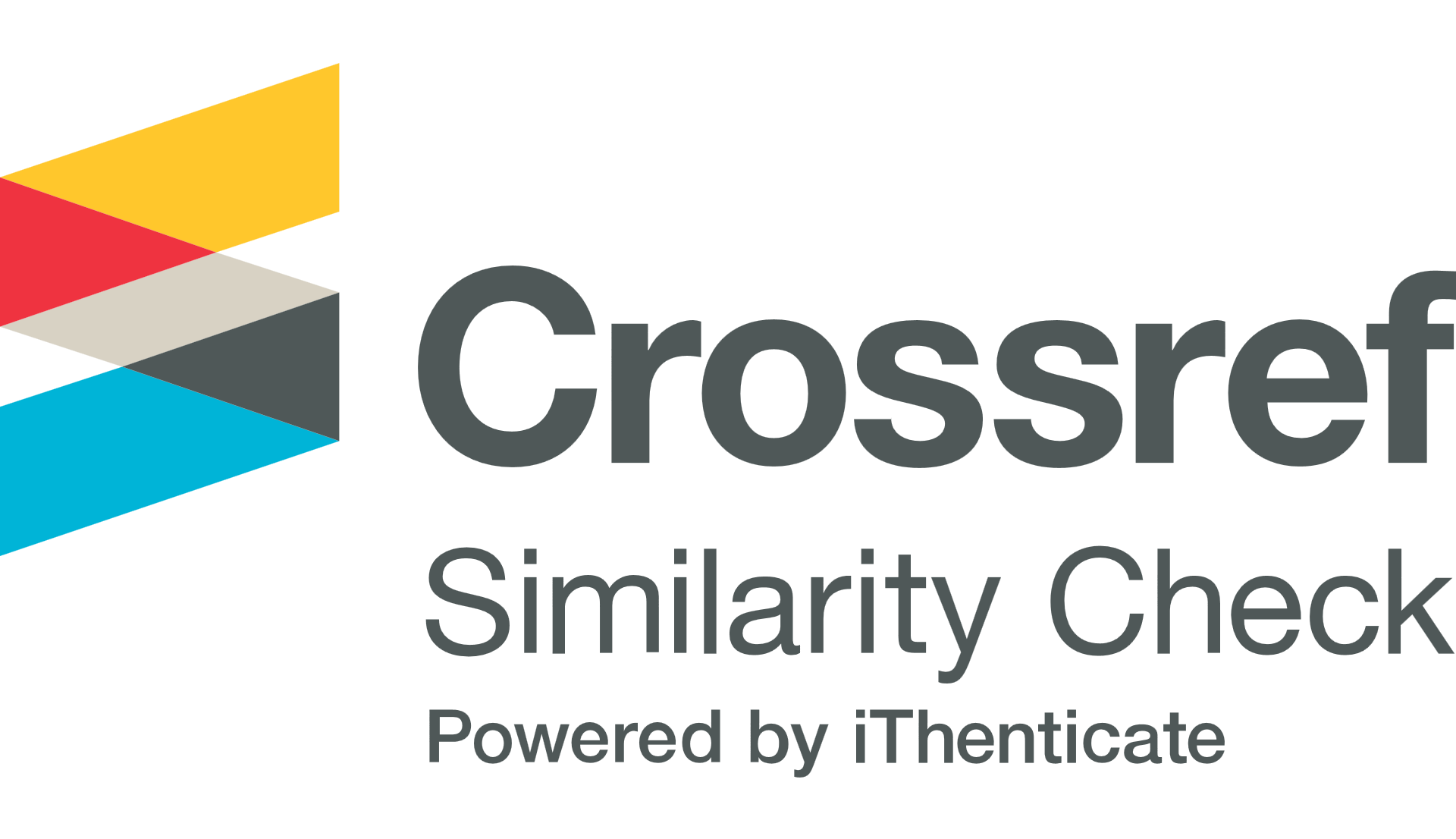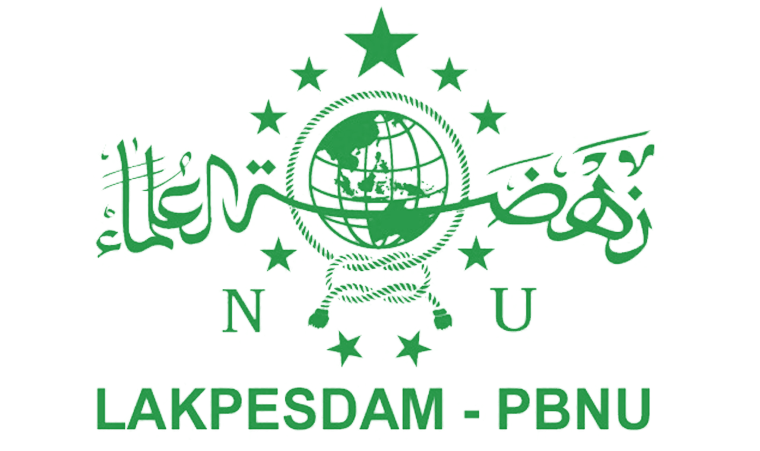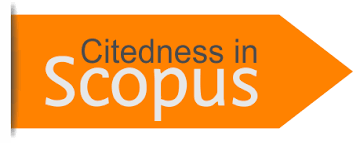ENTREPRENEURSHIP AND INDEPENDENCE IN ISLAMIC BOARDING SCHOOL (STUDY OF ENTREPRENEURSHIP MANAGEMENT AT MBS PRAMBANAN)
DOI:
https://doi.org/10.31969/alq.v27i2.1183Keywords:
independence management, entrepreneurial activities, islamic boarding schoolAbstract
The implementation of entrepreneurial activities is an important element that must receive attention by Islamic boarding school managers so that they can become independent educational institutions. Its implementation must also be carried out systematically through the implementation of management functions. The problem of this study is as to why entrepreneurship needs to be developed
in the Muhammadiyah Boarding School (MBS) ; how is the practice of entrepreneurial management in building independence in the MBS. This study aims to describe the entrepreneurial management process as an effort to build independence in the MBS. This research method is qualitative method using a phenomenological approach. The results of this study show that: (1) since its inception in 2008, the MBS has made the entrepreneurship program part of the master plan for institutional development. (2) In the management of entrepreneurial activities, management functions are applied, namely from planning, organizing, implementing and supervising. (3) The planning function is
implemented in work meeting activities held at the beginning of each academic year. (4) Organizing function is implemented through the transfer of authority from the director of the Islamic boarding school to the manager of the waqf center institution. (5) The implementation function in entrepreneurial activities at the MBS is described in three core activities, namely coordinating, delegating, and commanding. (6) the supervisory function is carried out incidentally by the Wkaf
center manager and routinely by the head of the unit by evaluating individual work assessment report cards. (7) The existence of a business unit is capable of supporting the Islamic boarding school's economy and finances. In addition, Islamic boarding school is also capable of being independent as it can provide the required resources through their business units.
References
Artati, Susi Hendriani &. Yuli. 2019. “Pengaruh Kepemimpinan, Budaya Organisasi Dan Disiplin Kerja Terhadap Kinerja Aparatur Sekretariat Daerah Kabupaten Kampar.†Jurnal Kedisiplinan.
Daryanto. 2013. Administrasi Dan Manajemen Sekolah. Vol. 1. 1st ed.
Jakarta: Rineka Cipta. Dr. Juliansyah Noor. 2019. “Makalah Fungsi
Pelaksanaan (Actuating) Dalam Manajemen Sumber Daya Manusia.â€
Journal of Chemical Information and Modeling.
Emzir, Analisis Data. 2011. “Metodologi Penelitian Kualitatif.†Jakarta:
Rajawali Pers. Engkoswara and Komariah Aan. 2010. Administrasi Pendidikan. Vol. 1. 1st ed. Bandung: Alfabeta.
Feriyanto and Endang Shyta Triana. 2015.Pengantar Manajemen (3 in 1 ).†Journal of Chemical Information and Modeling.
H.M., Muhammad Anwar. 2014. “Pengantar Kewirausahaan, Teori Dan Aplikasi.†Journal of Chemical Information and Modeling.
Ikhwan, Subaiki, Ahmad Romadhon, Stai Nurul Iman, Parung Bogor, and Uhamka Jakarta Desa Bojong Sempu Kec Parung Kab Bogor. n.d. 270
SENASPRO 2016 Seminar Nasional Dan Gelar Produk. Komariah, Nur. 2017. “Kepemimpinan Entrepreneurship Kepala Sekolah dalam Meningkatkan Kemandirian Pembiayaan Sekolah.†Al-Afkar: Jurnal
Keislaman & Peradaban.
Kurniadin Didin, Machalli Imam. 2013. Manajemen Pendidikan, Konsep Dan Prinsip Pengelolaan Pendidikan. Vol. 1. 1st ed. edited by Sandra Meita. Yogyakarta: Ar-Ruzz Media.
Lie, Anita and Sarah Prasasti. 2005. 101 Cara Membina Kepribadian Dan Tanggung Jawab Anak. Vol. 2. 2nd ed. Jakarta: Elex Media Komputindo.
Masyhud, M. Sultan dan Moh. Khusnuridlo. 2004. “Manajemen Pondok Pesanten.†Diva Pustaka. Munir, Ahmad. 2013. Manajemen
Pembiayaan Pendidikan Dalam Perspektif Islam. Vol. 8.
Muri, Yusuf. 2016. “Metode Penelitian Kuantitatif, Kualitatif &
Penelitian Gabungan - Prof. Dr. A. Muri Yusuf, M.Pd. - Google Books.†Prenada Media. Nurtini, Ni Made, Ni Ketut Noriani, And
Komang Ayu Purnama Dewi. 2020. “Hubungan Faktor Internal Dan
Eksternal Dengan Minat Mahasiswa Kebidanan Dalam Berwirausaha
Kesehatan.†Jurnal Riset Kesehatan Nasional.
P, Siagian Sondang. 2011. “Manajemen Sumber Daya Manusia.†PT Bima Aksara, Jakarta.
Paruhuman Tampubolon. 2018. “Pengorganisasian Dan Kepemimpinan
Kajian Terhadap Fungsi-Fungsi Manajemen Organisasi Dalam Upaya
Untuk Mencapai Tujuan Organisasi.â€
Jurnal Stindo Profesional. Ridwan, Ahmad. 2019. “Implementasi Fungsi Planning Di Sekolah Dalam Kerangka Manajemen Pendidikan Islam.†Indonesian Journal of Islamic Educational Management.
Rivai, Veithzal. 2018. Manajemen Sumber Daya Manusia In Manajemen Sumber Daya Manusia Untuk Perusahaan Dari
Teori Ke Praktik.
Romly, M. 2012. “Sejarah Madrasah Dan Perkembangannya.†Edukasi Islami: Jurnal Pendidikan Islam.
Saiman, Leonardus. 2014. Kewirausahaan: Teori, Praktik Dan Kasus-Kasus.
Additional Files
Published
Issue
Section
License
Authors who publish with this journal agree to the following terms:
- Authors retain copyright and grant the journal right of first publication with the work simultaneously licensed under Creative Commons Attribution-NonCommercial-ShareAlike 4.0 International License that allows others to share the work with an acknowledgement of the work's authorship and initial publication in this journal.
- Authors are able to enter into separate, additional contractual arrangements for the non-exclusive distribution of the journal's published version of the work (e.g., post it to an institutional repository or publish it in a book), with an acknowledgment of its initial publication in this journal.
- Authors are permitted and encouraged to post their work online (e.g., in institutional repositories or on their website) prior to and during the submission process, as it can lead to productive exchanges, as well as earlier and greater citation of published work (See The Effect of Open Access).















